The greatest male dancer of the second half of the 20th century died of Aids on January, 6, 1993.
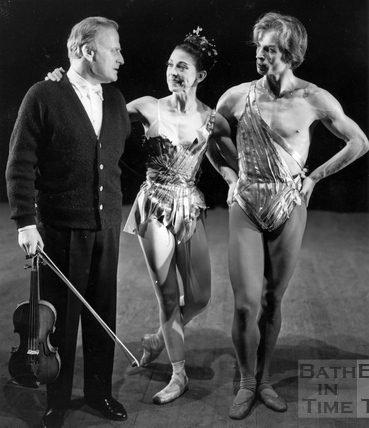
Nureyev possessed, in addition to phenomenal technique and an infallible memory for Russian traditions, a unique force of personality that placed him perpetually at the centre of events.
He never needed publicity. Fame followed him like dust behind a prairie herd.
We have never seen his like again. Perhaps we never will.
You’d expect to find Juilliard, Curtis and Yale in there.
But Rice University, Baylor and St Olaf at the top of the pile?
This is some list.
Who’s missing?
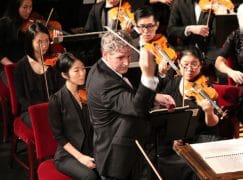
picture: Mannes, David Hayes
In the host of new operas that I’ve seen over the past 40 years, two stand out for unexampled awfulness.
The first was John Buller’s The Bacchae, staged at English National Opera in 1992 in what the booklet maintained was the original Greek. My companion, a classical scholar, said it was more like restaurant Greek. The music was static and mostly impenetrable. Nothing happened for 90 minutes.
The other was Judith Weir’s Miss Fortune at Covent Garden in 2012. More self-inflicted stomach wound than mere misfortune, it took place around a kebab kiosk and has not been seen again.

What goes through your mind when you are trapped in an opera house watching a disaster unfold?
Every other disaster you have ever seen before.
What’s your worst?
Passengers whose flights were cancelled out of New York’s main airport were offered a welcome distraction when Michelle Ross whipped out her violin and got her fingers moving.
Julie Norman (pic), a soprano who lives in Holland, captured the performance.

Julie had been planning to fly Delta to Brussels when the six-hour delay sign went up.
Michelle, a former Dorothy DeLay student, is artistic director of Music in the Mountains.
After playing its last scheduled concert this weekend, the tide has turned in San Antonio.
The board chair resigned, the Mayor made a pledge and donations are pouring in from individual supporters.
The new chair says the orchestra is solvent again and 72 musicians keep their jobs.
Fingers crossed.
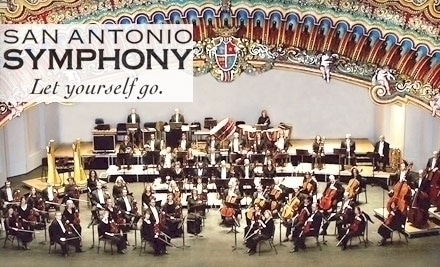
The North Atlantic Treaty Organisation adopted an official hymn last week.
It was composed a Luxembourg bandmaster (must be Luxembourg’s turn for something) and it sounds like a spinster’s dirge for a dead rabbit.
Listen here.
No offence to spinsters or rabbits, but is this meant to protect us from Russian threats?

Friends have reported the death on January 3 of Luigi Alberto Bianchi, one of the foremost Italian viola virtuosi wit many recordings to his credit on both viola and violin.
He was a noted authority on Paganini and wrote a book on Alessandro Rolla, the wizard’s only teacher. He was also an enthusiast for the chamber music of the great film composer Nino Rota. His solo tours were especially popular in the UK.
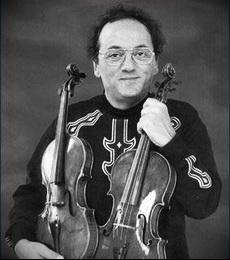
Starting out as principal viola of Rome’s RAI orhestra, he also played in the Quartetto di Roma and, from 1973, served as professor of viola at the University of Milan.
Alitalia has responded predictably to the destruction of a 17th century viola da gamba by trashing the passenger in the country’s most influential newspaper. No explanation has been given to the distressed passenger herself. That’s about all we need to know about the airline’s policy of customer care.
One of our readers has pointed out that people who board aircraft with babies and small children hand over their trolleys and strollers at the door of the plane, safe in the knowledge that these will be returned to them at the door when they disembark.
Why can’t the same concession be extended to men and women who travel with a precious musical instrument?
Which airline will be the first to do so?
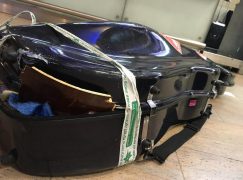
The Financial Times, one of the last newspapers of genuine authority, has published a situation report by Richard Fairman under the headline, ‘Why Germany is classical music’s superpower’.
Fairman maintains that: ‘A glance around the international music scene in 2017 leaves little doubt that musical life in Germany has taken an unassailable lead and is only rising higher at a time when arts organisations in many countries are wrestling with dwindling financial support and audiences.’
He adds that the growth is even-handed, across east and west: ‘The unique strength of the orchestras from the east is that they preserved their traditional sound and style during the long years of isolation in the Soviet bloc when orchestras in many Western countries were starting to sound the same.’
Er, yes, up to a point.
But consider:
1 Since 1989 Germany has abolished more than 40 orchestras, most of them in the east. That is more than the rest of Europe put together.
2 German conservatoires are packed with Chinese and Korean students on full scholarships because not enough young Germans want to make music their life.
3 Fairman points out that none of today’s leading German composers, all middle-aged men, can command an international audience. He omits to mention that most of the new composer prizewinners in Germany are women. And most are not German.

Where does that leave Germany’s musical future?
A violin and a viola were stolen last week from the Royal Scottish National Orchestra’s HQ in Glasgow last week.
The good news is that both have been recovered.
The viola is a Fernando Solar belonging to Fiona West, who has played it in the RSNO for 47 years. Fiona has got it back just in time for her 70th birthday on Tuesday.
It’s the second time she has lost in in a matter of weeks. In November, she left the viola on a train. An honest person turned it in 12 hours later at Glasgow Central Station.

A survey of 50 UK arts administrators finds that all but four believe that any impingement on freedom of movement after Britain leaves the EU will devastate their sector.
Paul Roseby, head of the National Youth Theatre said: ‘Brexit is a clear act of self harm, and is scaring our future growth and creative planning.’
Read here.

We’ve received details of how Sabina Puértolas jumped in for Lucy Crowe as Gilda in Covent Garden’s Rigoletto.
Here’s how:
She flew from Madrid to London on Thursday at 08:30, arriving at 11:00 at the Royal Opera and rehearsing there until 15:00.
Then she rested at the hotel and was back in the theatre at 18:00 to start the performance at 19:30.
She earned a huge ovation.

Unless we retain EU freedom of movement and freedom to work, it would be impossible to clear the paperwork in time, let alone the aliens queue at Heathrow.
UPDATE: Arts leaders fear hard Brexit.












